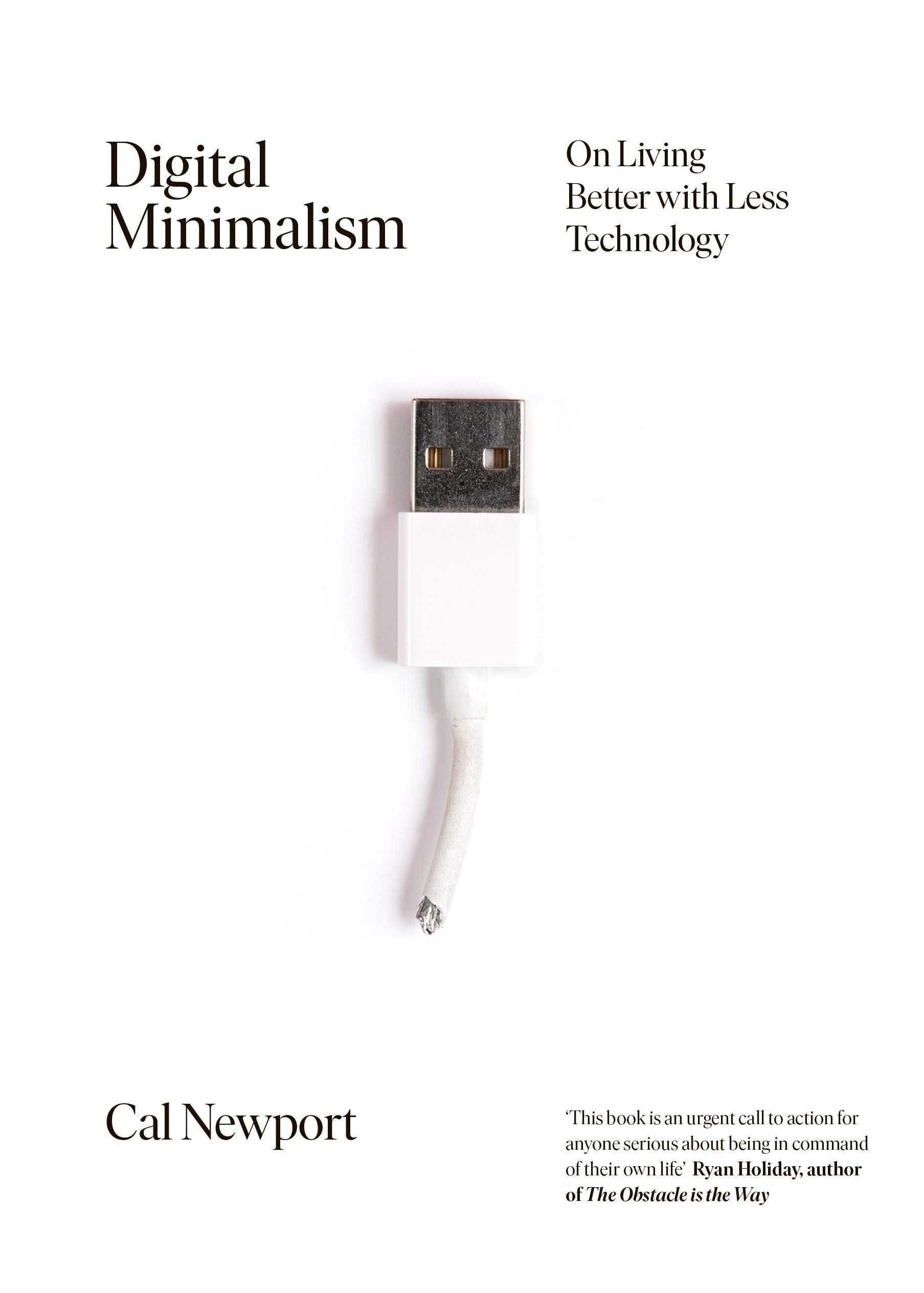16 Highlights
I spoke with Andy Grignon, who was one of the original iPhone team members. “This was supposed to be an iPod that made phone calls,” he confirmed. “Our core mission was playing music and making phone calls.” As Grignon then explained to me, Steve Jobs was initially dismissive of the idea that the iPhone would become more of a general-purpose mobile computer running a variety of different third-party applications. “The second we allow some knucklehead programmer to write some code that crashes it,” Jobs once told Grignon, “that will be when they want to call 911.”
We didn’t, in other words, sign up for the digital world in which we’re currently entrenched; we seem to have stumbled backward into it.
The tycoons of social media have to stop pretending that they’re friendly nerd gods building a better world and admit they’re just tobacco farmers in T-shirts selling an addictive product to children. Because, let’s face it, checking your “likes” is the new smoking.
Bill Maher
I want to briefly focus on two forces from this longer treatment that not only seemed particularly relevant to our discussion, but as you’ll soon learn, repeatedly came up in my own research on how tech companies encourage behavioral addiction: intermittent positive reinforcement and the drive for social approval.
“It’s hard to exaggerate how much the ‘like’ button changed the psychology of Facebook use,” Alter writes. “What had begun as a passive way to track your friends’ lives was now deeply interactive, and with exactly the sort of unpredictable feedback that motivated Zeiler’s pigeons.”
As Harris notes, the notification symbol for Facebook was originally blue, to match the palette of the rest of the site, “but no one used it.” So they changed the color to red—an alarm color—and clicking skyrocketed.
All of humanity’s problems stem from man’s inability to sit quietly in a room alone.
Blaise Pascal
Storr notes that the need to spend a great deal of time alone was common among “the majority of poets, novelists, and composers.” He lists Descartes, Newton, Locke, Pascal, Spinoza, Kant, Leibniz, Schopenhauer, Nietzsche, Kierkegaard, and Wittgenstein as examples of men who never had families or fostered close personal ties, yet still managed to lead remarkable lives. Storr’s conclusion is that we’re wrong to consider intimate interaction as the sine qua non of human thriving. Solitude can be just as important for both happiness and productivity.
Simply put, humans are not wired to be constantly wired.
Only thoughts reached by walking have value.
Friedrich Nietzsche
I think that I cannot preserve my health and spirits, unless I spend four hours a day at least—and it is commonly more than that—sauntering through the woods and over the hills and fields, absolutely free from all worldly engagements.
Henry David Thoreau
Our brains evolved during a period when the only communication was offline and face-to-face. As argued earlier in the chapter, these offline interactions are incredibly rich because they require our brains to process large amounts of information about subtle analog cues such as body language, facial expressions, and voice tone.
In her 2015 book, Reclaiming Conversation, Turkle draws a distinction between connection, her word for the low-bandwidth interactions that define our online social lives, and conversation, the much richer, high-bandwidth communication that defines real-world encounters between humans.
Our sociality is simply too complex to be outsourced to a social network or reduced to instant messages and emojis.
Phones have become woven into a fraught sense of obligation in friendship. . . . Being a friend means being “on call”—tethered to your phone, ready to be attentive, online.
Sherry Turkle
A life well lived requires activities that serve no other purpose than the satisfaction that the activity itself generates.
Aristotle
